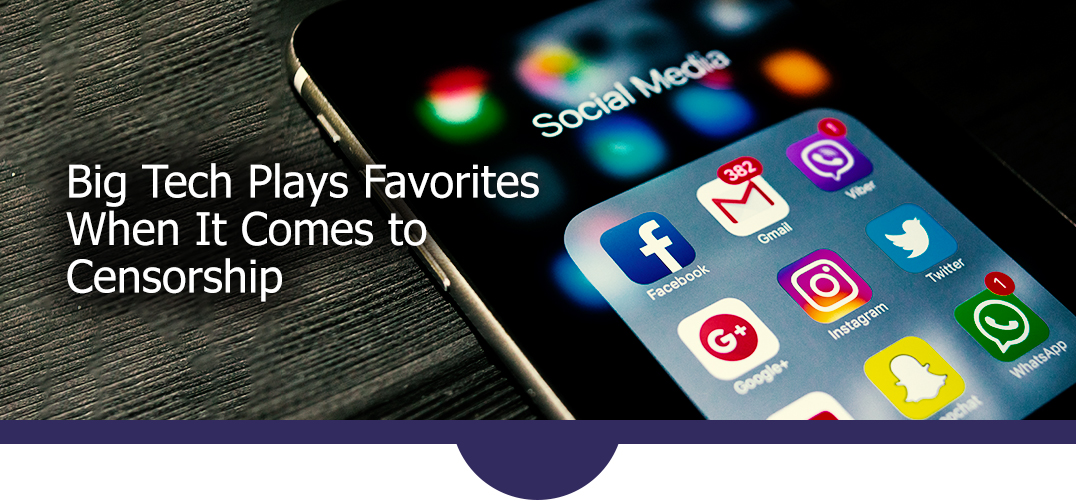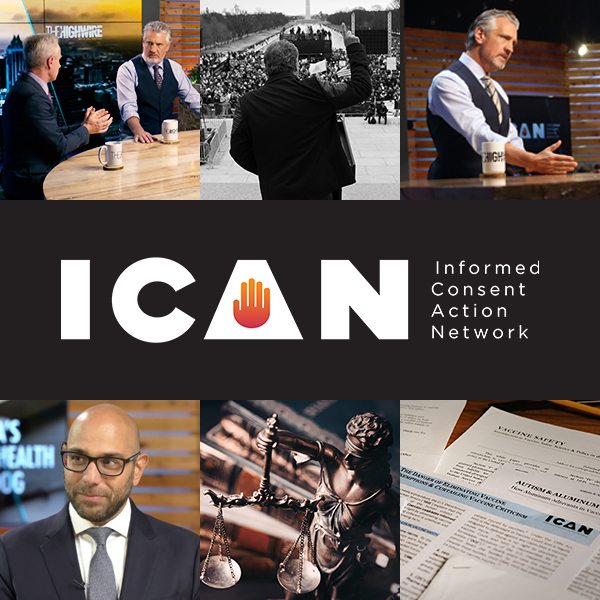

At a time when forthright social-media posts are slapped with “fact-check” labels, suppressed, or just plain taken down, why are mainstream media companies getting a free pass when they start to question vaccine imperialism? In recent letters to Meta and Twitter, our attorneys have called out the glaring inconsistencies in the way these platforms are applying their “misinformation” policies.
On March 29, 2022, the very day the CDC authorized a second and third COVID-19 booster injection for certainAmericans, the New York Times (NYT), in a surprising turn, published an article arguing that the scientific evidence for giving a fourth shot was “incomplete, at best, that the only study backing it was “deeply flawed,” and that “most people are already well protected from severe illness.” It posted links to the piece on both Meta/Facebook and Twitter.
In the article titled, “Should You Get Another Covid Booster?,” the NYT took aim at Pfizer and Moderna for plugging the idea “without much evidence to back up their claims” and at the FDA for going along with this. The article even discussed “disadvantages” of another dose such as “diminishing results” and “side effects like fever, headache, fatigue and joint aches.”
Why, then, did Meta not sanction NYT for content that “implicitly discourages vaccination” or for material “promoting that others not get the COVID-19 vaccine,” as set out in its “vaccine misinformation” rules?
As our attorneys wrote to Meta, “Meta is clearly allowing this Article from a prominent news media company to existon its platform when the Article directly contradicts America’s key public-health infrastructure organization—the CDC—even though Meta has taken action against countless other users who have posed similar questions or viewpoints thatdiffer from the FDA and CDC recommendations.”
ICAN made similar observations in a separate letter to Twitter, this time questioning why the NYT got a free pass when Twitter has been far more punitive with other users who, for example, merely “highlight facts in official government data.” For example, Twitter labeled as “misleading” a tweet that posted a link to the U.K.’s Office for National Statistics (ONS) website because the tweet repeated the headline of an article analyzing the data: “Deaths among Teenage Boys have increased by 63% in the UK since they started getting the Covid-19 Vaccine according to ONS data.”
So it seems the NYT can freely back-pedal on its earlier narratives that cheerled, defended, and pushed at any cost COVID injections, while less favored outlets and individuals must endure the slings and arrows of big-tech censorship. As our attorneys’ letters demanded, these platforms must explain why they are inconsistently and unfairly enforcing theirCOVID‑19 policies among users. If Meta and Twitter can exhibit such favoritism in applying their own rules, then those rules were disingenuous in the first place!
